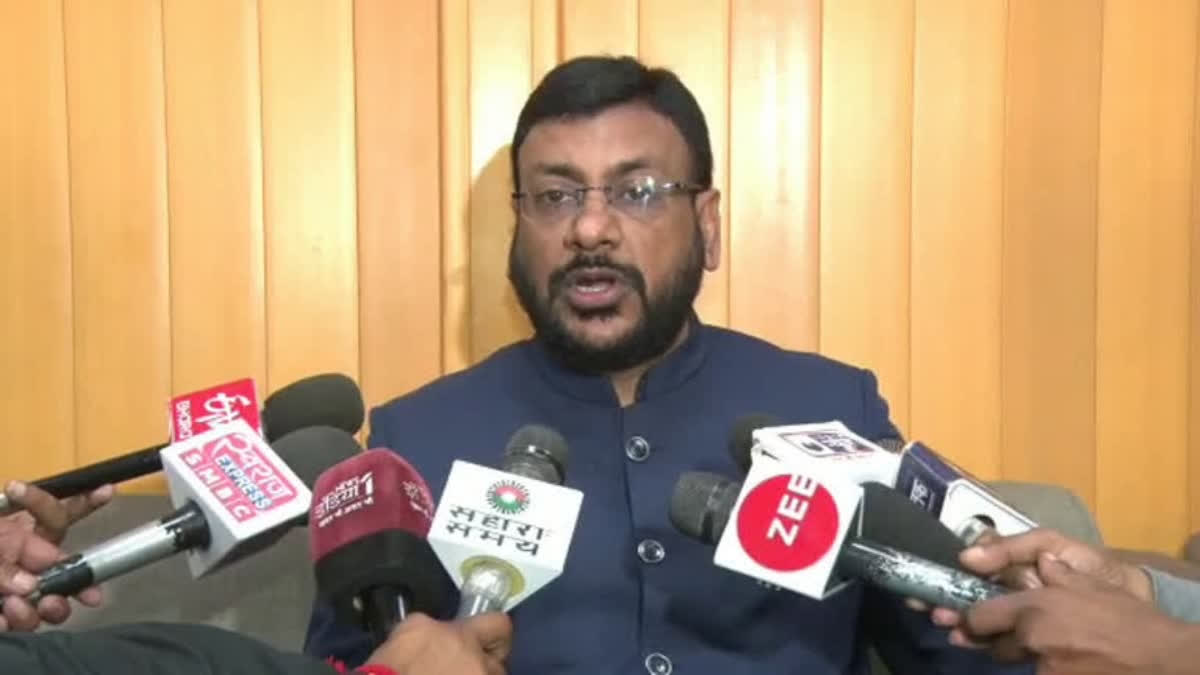Dehradun: In a significant step towards fostering inclusivity and modernising education in Uttarakhand, the Uttarakhand Waqf Board, led by Chairman Shadab Shamsh, has unveiled an ambitious plan to implement the National Council of Educational Research and Training (NCERT) curriculum in 117 Waqf Board-affiliated madrassas. Furthermore, the board has made a historic decision to include Sanskrit as a subject in these educational institutions.
Chairman Shadab Shamsh, a staunch advocate for educational reform, expressed his excitement about this transformative development and its potential benefits for students attending these madrassas. He underscored the critical role of education in India's growth, saying, "If India studies, India will grow." Shadab emphasized the urgent need for students from madrassas to have access to a modern curriculum that aligns with mainstream education standards. According to him, with the right educational foundation, children from madrassas can aspire to become doctors, engineers, philosophers, and professionals in various fields, ultimately contributing positively to society.
The Chairman went on to commend Uttarakhand Chief Minister Pushkar Singh Dhami for his unwavering support and assistance to the Waqf Board in this endeavor. CM Dhami, who has been a vocal proponent of youth-led governance, expressed his dedication to facilitating the educational aspirations of children in madrassas. Shadab mentioned, "CM Pushkar Singh Dhami has expressed his confidence that this initiative would empower madrassa students to follow in the footsteps of visionaries like Dr. APJ Abdul Kalam."
According to experts the inclusion of Sanskrit in the curriculum is a monumental decision that not only promotes linguistic diversity but also fosters a deeper understanding of India's rich cultural heritage. Chairman Shadab noted that if madrassa students can excel in subjects like Hindi, English, Mathematics, Science, Physics, Chemistry, Biology, and Arabic, there is no reason why they cannot succeed in Sanskrit as well.
Also read: NCERT fully justified in carrying out rationalisation of its textbooks' contents: UGC chief


